What are we testing?
pH
Chromium
Iron
Nitrate
Total Chlorine
Mercury
Copper
Fluoride
Total Alkalinity
Lead
Hardness
Free Chlorine
5.5-6.5pH
is a measure of the acidity or alkalinity of a substance, and it directly affects the availability of essential nutrients to plants. The optimum pH for most plants 5.5 – 6.5.Hardness
Calcium & Magnesium - crucial role in various physiological processes and is required in relatively large quantities: Cell wall structure, Membrane permeability and signaling, Enzyme activation, Nutrient uptake.Iron
is an essential micronutrient for plants, playing a crucial role in various physiological processes. It is a key component of enzymes involved and is essential for: Chlorophyll synthesis, Electron transport, Nitrogen metabolism.Total chlorine
Total chlorine in water refers to the combined concentration of both free chlorine and combined chlorine. Monitoring total chlorine levels helps assess the overall quality and safety of water.Copper
is an essential micronutrient for plants. Key roles: Photosynthesis, Respiration, Lignin synthesis. Given its essential role in plant physiology, copper deficiency can lead to adverse effects on plant growth and development.Nitrate
is an important source of nitrogen for plants and is a key component of many fertilizers. It is one of the primary forms of nitrogen that plants can absorb and utilize for growth and development.
Fluoride
is a naturally occurring element that can have both beneficial and detrimental effects on plants, depending on its concentration and the specific plant species.Total alkalinity
refers to the ability of water to neutralize acids. While total alkalinity is more commonly associated with water quality and aquatic ecosystems, it can indirectly impact plants when water with high alkalinity is used for irrigation.
Free chlorine
in water refers to the form of chlorine that is present in its uncombined, active state. In fact, exposure to high levels of free chlorine can be harmful to plants.Lead
When plants are exposed to high levels of lead in the soil, they can suffer from lead toxicity.Mercury
is a highly toxic heavy metal that can have detrimental effects on plants.Chromium
can be toxic to plants. Chromium toxicity in plants can lead to symptoms such as leaf wilting, chlorosis (yellowing of leaves), reduced growth, and even plant death.

1
Order a Comprehensive Soil and Water Analysis Kit
Select a comprehensive soil and water analysis kit designed for plant watering needs.
The kit include clear instructions for collecting soil and water samples, along with appropriate containers and packaging for secure transport.
2
Collection and Submission of Samples
Follow the provided instructions to collect soil and water samples from the specific areas where plants are being watered.
Arrange for the samples to be sent to our laboratory using the provided shipping materials and instructions.


3
Laboratory Analysis and Reporting
Our laboratory will conduct thorough analyses on the soil and water samples, examining them for a range of parameters including nutrient levels, pH, salinity, moisture content, and potential contaminants.
Upon completion of the analyses, a detailed report will be generated, presenting the results for the 12 parameters and providing clear interpretations of the findings.
If any parameters fall outside the optimal range for plant health, the report will include specific recommendations for corrective actions, such as soil amendments, watering adjustments, or other targeted interventions.





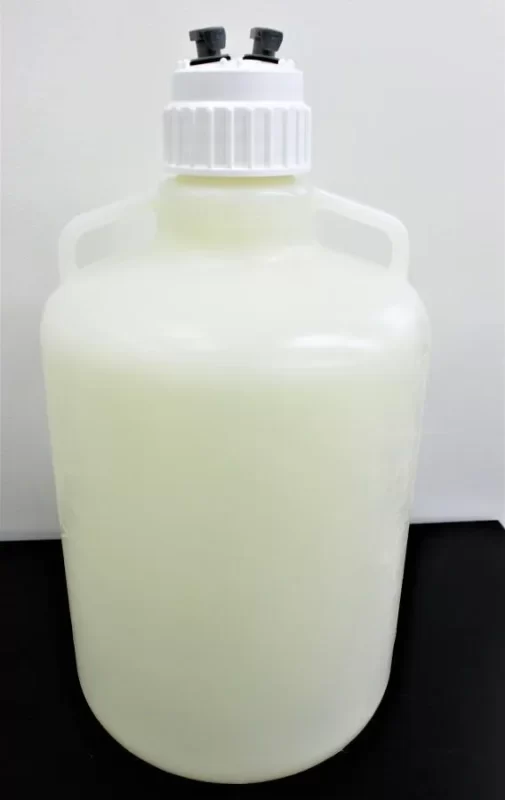











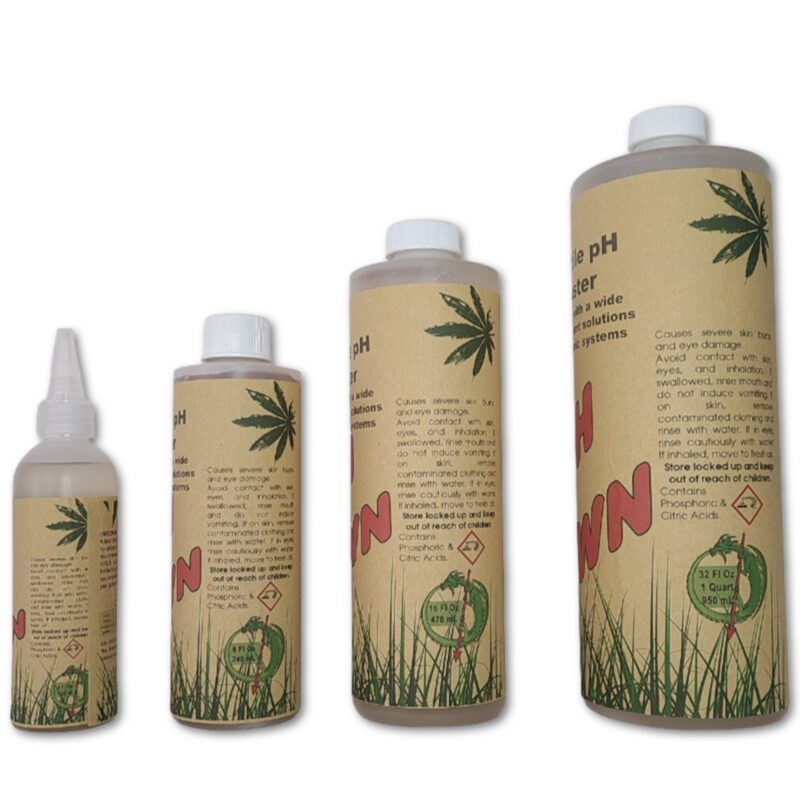


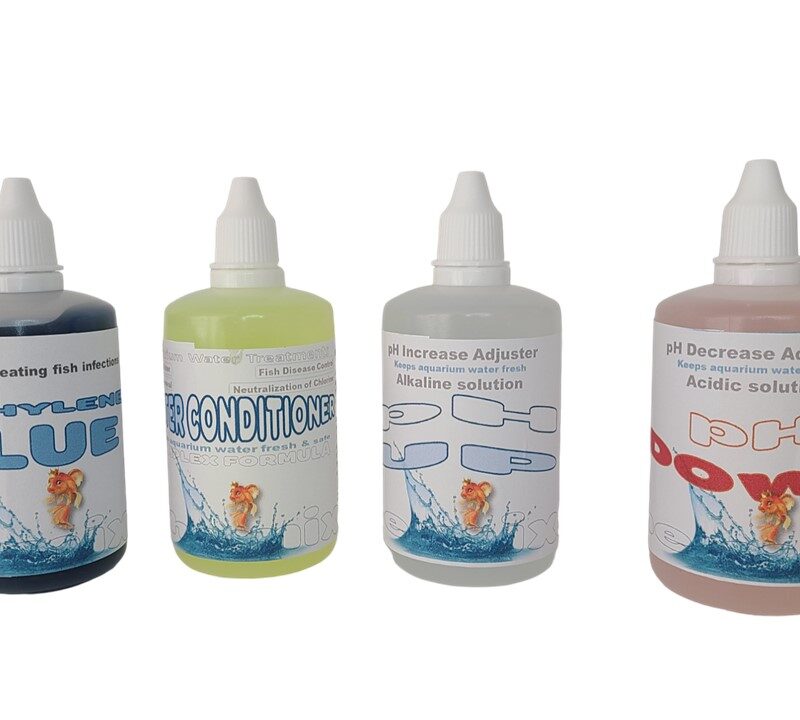
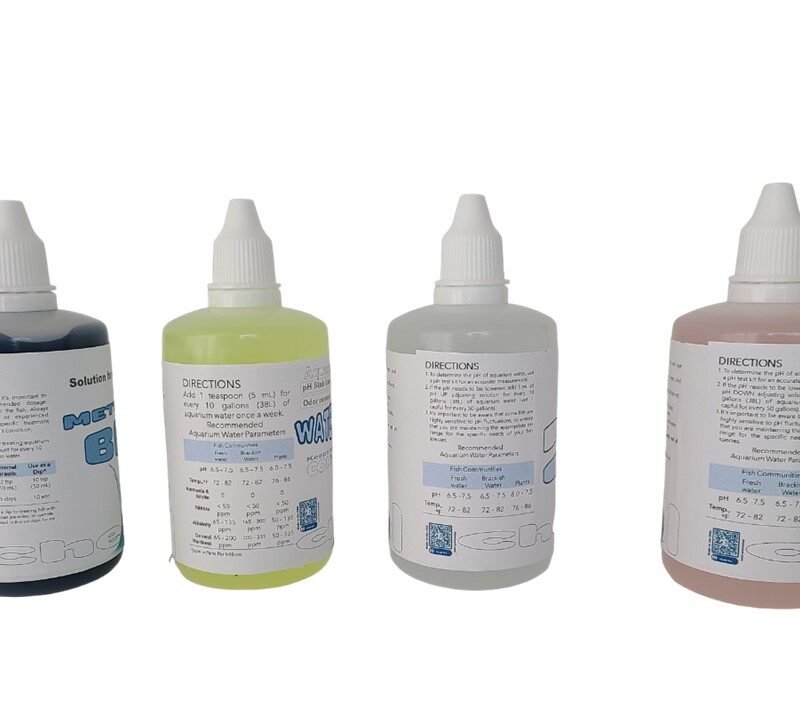
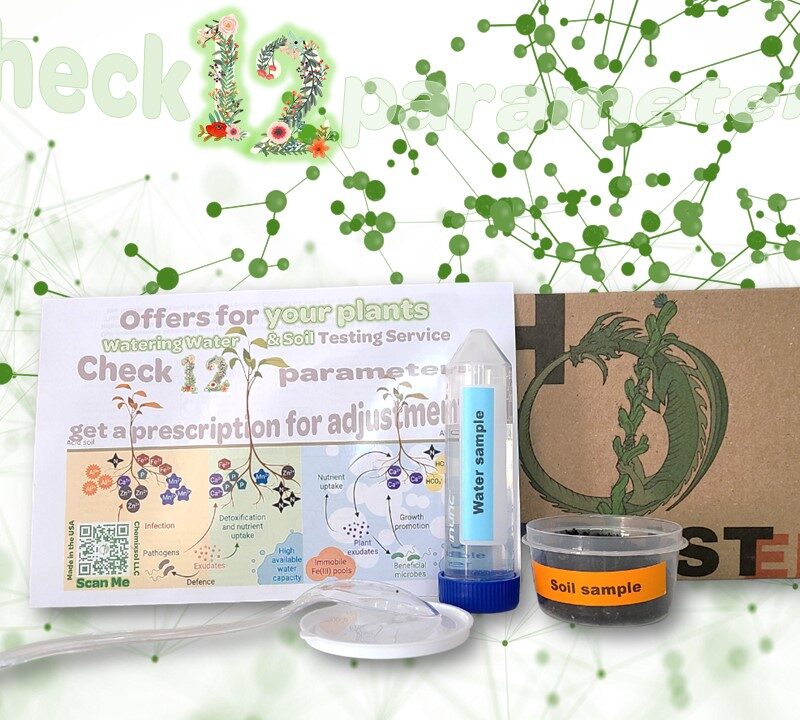




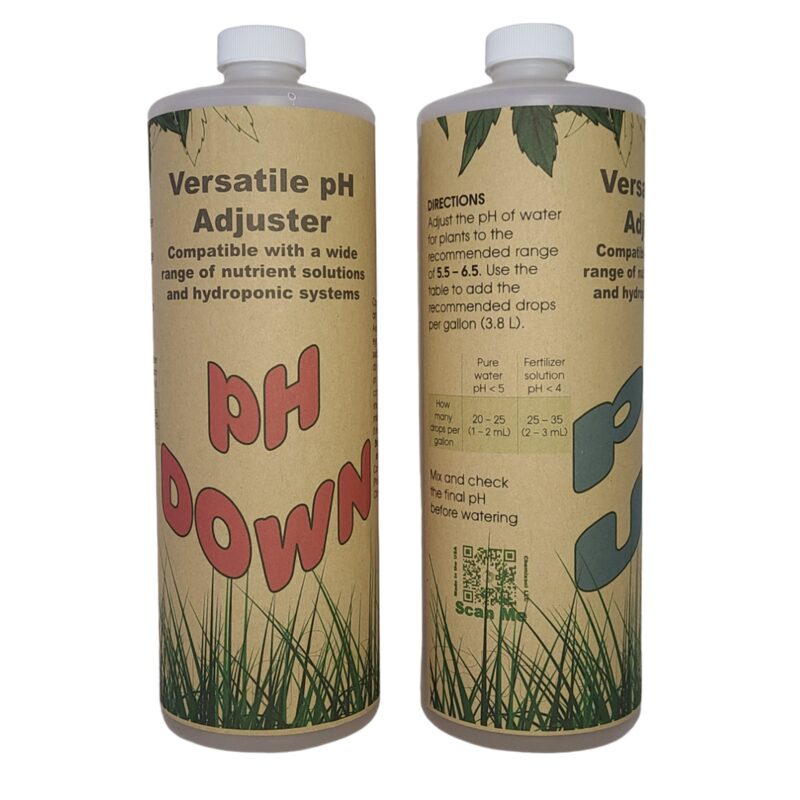
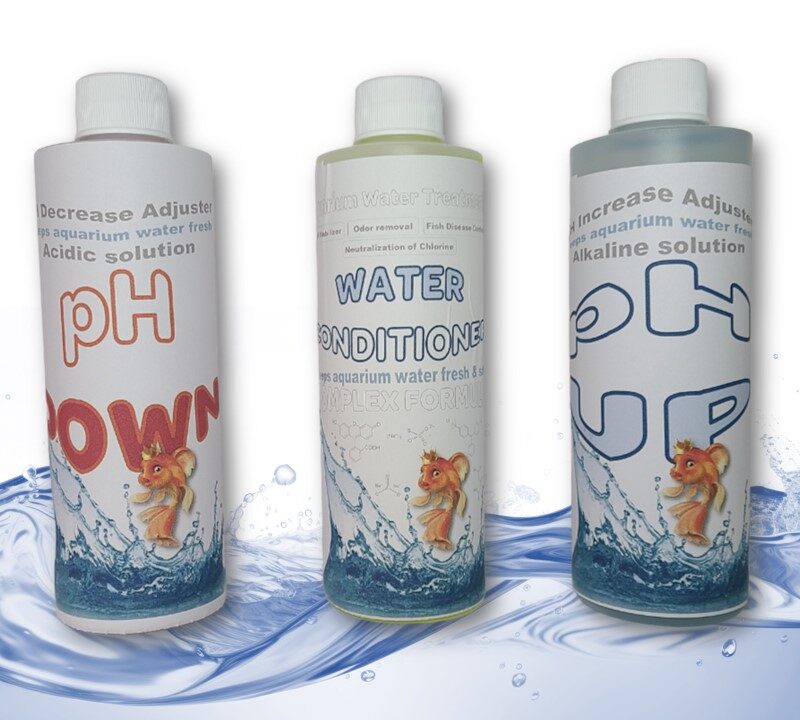
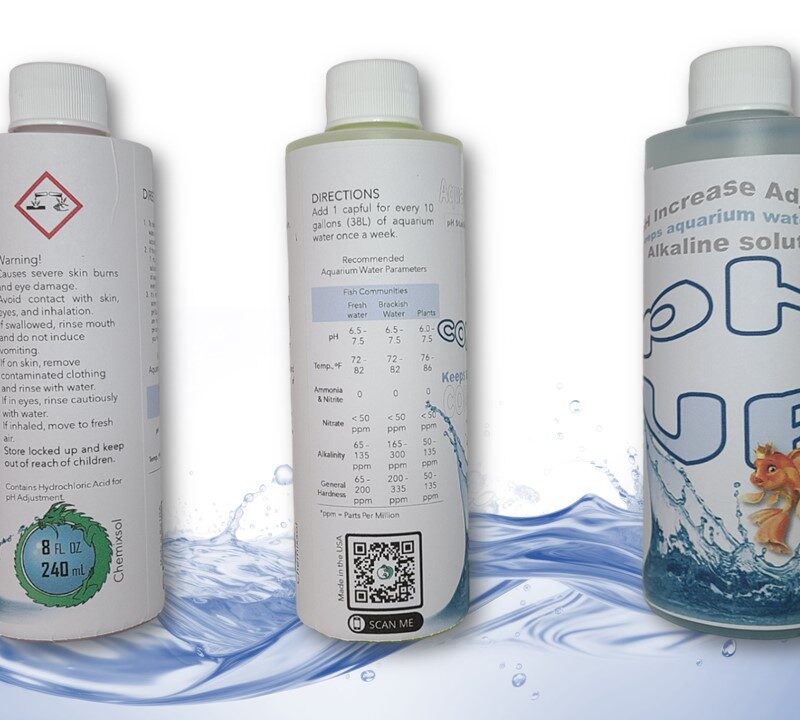




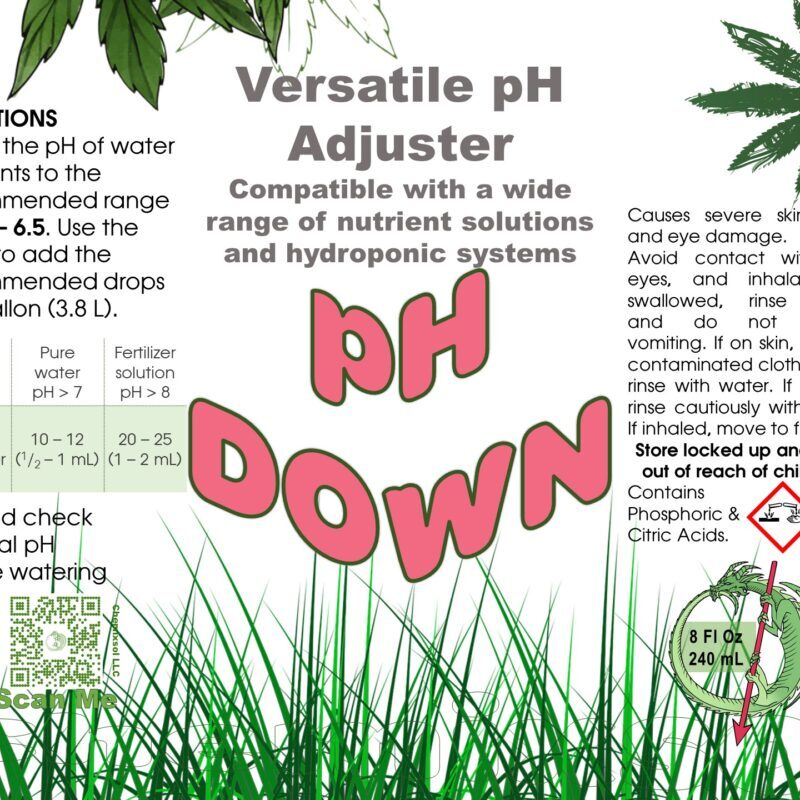


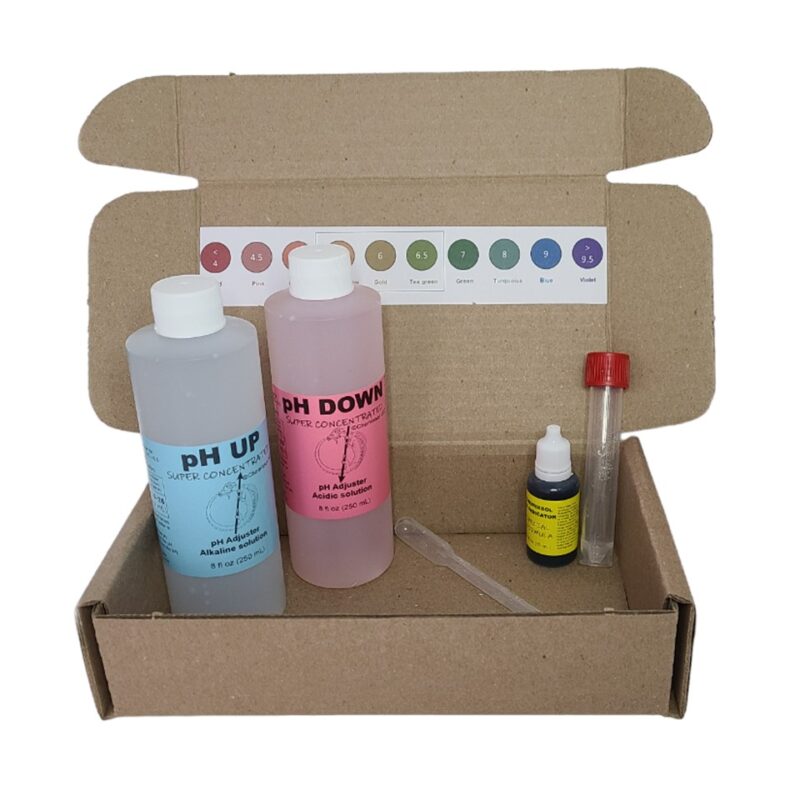


Alex –
Certainly! Here’s an improved version of recommendations for improving the quality of your hydroponics
Addy –
Perfect deal!